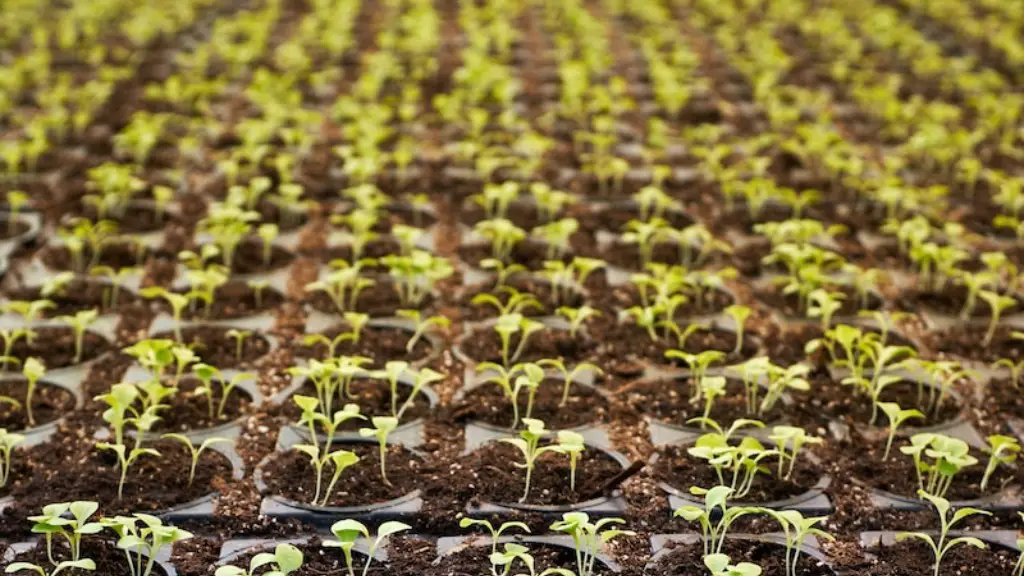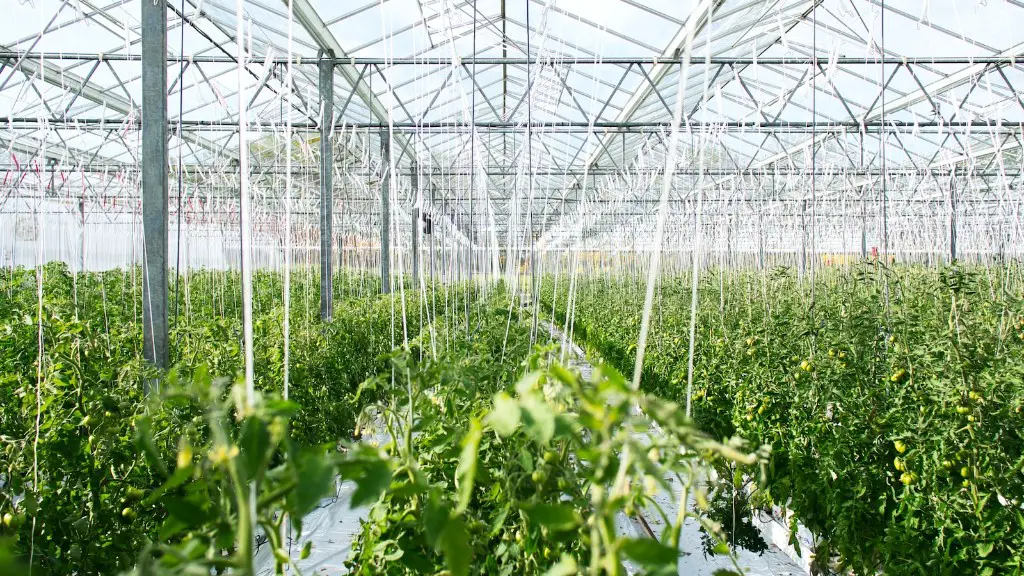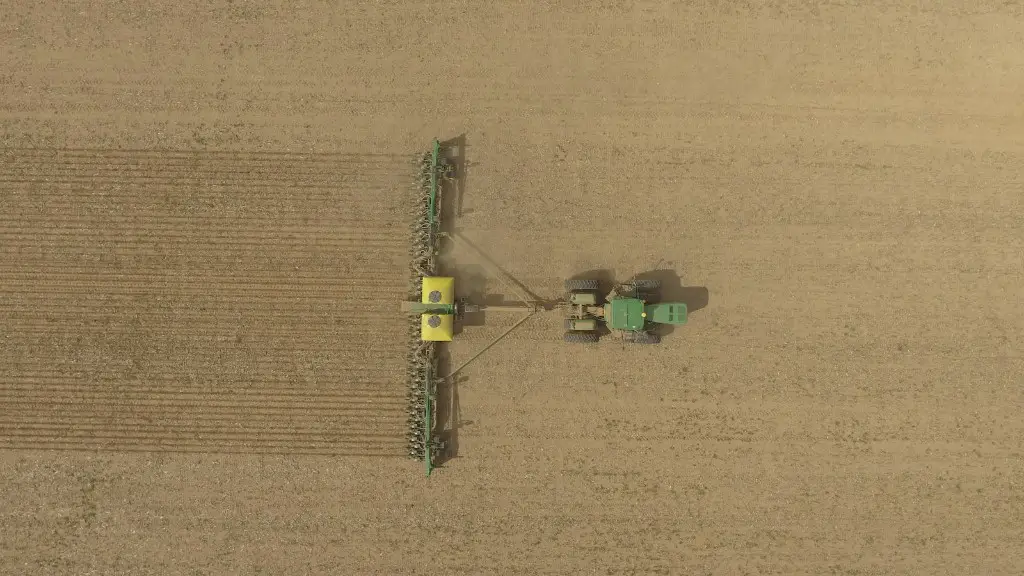Agriculture is one of the key drivers of the South African economy, accounting for around 10% of GDP and employing over 2 million people. The sector is a major contributor to the country’s export earnings, with agricultural products making up around 20% of total exports. The South African government is committed to supporting the agriculture sector and has put in place a number of initiatives to help farmers boost productivity and competitiveness. These include the establishment of an agricultural development bank, providing subsidies for irrigation and mechanization, and investing in research and development. In recent years, the South African government has also been working to expand access to land for farming, with the aim of increasing black ownership of farmland. While the agriculture sector faces challenges, such as drought and pests, it continues to be an important part of the South African economy.
The agriculture industry is a vital part of the South African economy, contributing around 10% to the country’s GDP. Agriculture also employs around 1.6 million people, which is about 9% of the country’s workforce. The sector is important for food security and rural development, and also produces a range of products for export.
What is the contribution of agriculture in South Africa’s economy?
Agriculture is an important sector of the South African economy, contributing around 247 percent to the country’s GDP in 2021. The sector employs a large number of people and provides a significant proportion of the country’s export earnings. The sector is also an important source of food and raw materials for the country’s manufacturing and other industries.
Agriculture can play an important role in contributing to economic growth, through agricultural production and job creation as a result of its linkages with the rest of the economy. Consequently, it can play a significantly role in reducing poverty. Agricultural production provides the raw materials for many industries, while the agricultural sector itself provides employment for a large number of people. In addition, agriculture can have a positive spillover effect on other sectors of the economy, such as tourism and transportation.
How does agriculture affect African economies
The African continent is heavily dependent on agriculture for both its economy and its employment. Agriculture provides employment for about two-thirds of the continent’s working population and for each country contributes an average of 30 to 60 percent of gross domestic product and about 30 percent of the value of exports. This makes agriculture a very important sector of the African economy.
The agriculture, finance, transport and manufacturing industries were the main drivers of growth on the supply side of the economy. The demand side of the economy was lifted by a rise in exports and government consumption. The size of the economy now exceeds pre-pandemic levels.
How much does agriculture contribute to employment in South Africa?
The number of people employed in agriculture, hunting, forestry, and fishing has increased significantly since 2013. In 2021, there were approximately 868,000 people employed in these industries, which is an increase of 173 percent compared to 2013. This is likely due to the increasing popularity of these activities as hobbies and careers.
The agricultural sector in South Africa is highly diversified, with production of all major grains (except rice), oil seeds, deciduous and subtropical fruits, sugar, citrus, wine, most vegetables, cattle, dairy, pigs, sheep, broilers, ostriches and eggs. The sector plays a significant role in the country’s economy, contributing around 10% to GDP.
The sector is however facing several challenges, including low productivity, limited access to land and water, and climate change. In recent years, the government has been implementing various policies and programmes to support the sector, including the establishment of an agricultural development bank, and providing subsidies for inputs such as seeds and fertilizers.
Is agriculture in demand in South Africa?
It is important to note that the two reports are based on different data sets and use different methodologies. The Quarterly Labour Force Survey is based on a sample of households, while the Agricultural Employment Brief is based on data from the National Income Dynamics Study.
Nevertheless, both reports suggest that the agriculture sector has seen some challenges in recent years. The Quarterly Labour Force Survey showed significant job losses, while the Agricultural Employment Brief pointed to job growth.
Africa is home to some of the world’s most fertile land, yet its agriculture sector remains underdeveloped. This is due in part to a lack of investment, but also to a lack of infrastructure and access to markets.
Smallholder farmers make up the majority of the agricultural sector in Africa, and yet they often lack the resources and knowledge to maximize their productivity. There is a need for more investment in extension services and rural infrastructure to enable these farmers to increase their yields and incomes.
Africa has the potential to be a major player in the global agriculture sector, but it will require significant investments to realize this potential.
What agricultural activities do we have in South Africa
South Africa has a diverse climate and soil, which allows for a wide range of agriculture activities. The country is a net exporter of agricultural products, with the main exports being maize, wheat, fruit, wine, and wool.
The surplus was driven by exports of ZAR 1141 billion (up from ZAR 1083 billion in November) and imports of ZAR 1087 billion (also up from the prior month).
This is the first time in three months that South Africa has recorded a trade surplus. Prior to this, the country had recorded deficits in September and October, totaling ZAR 78 billion.
The smaller-than-expected surplus in December is likely to be a result of the slow down in global trade growth in recent months. However, it is still positive news for the South African economy which has been struggling in recent years.
How much does the agricultural sector contribute to Africa’s economic growth?
Agriculture is a vital part of Africa’s economy, accounting for 23% of the continent’s GDP. Around 40% of the workforce is employed in the agricultural sector, making it one of the most important industries in Africa. The food we eat is underpinned by agriculture, making it a crucial part of our lives.
South Africa has a strong agricultural economy compared to the rest of Africa. The country produces a diverse range of crops and livestock, and has a strong focus on technology and modern production methods. This makes South Africa a major player in the global food market, and has helped to improve the standard of living for many people in the country.
What are 3 major economic resources found in South Africa
South Africa is one of the most naturally resource-rich countries in the world, and it holds the largest reported reserves of gold, platinum group metals, chrome ore and manganese ore. The country also has the second-largest reserves of zirconium, vanadium and titanium. These vast reserves make South Africa a key player in the global minerals market, and they provide the country with a significant competitive advantage.
The key economic sectors are mining, transport, energy, manufacturing, tourism and agriculture. These sectors are the backbone of the economy and are vital for the country’s development.
What is the fastest growing economy in Southern Africa?
Zimbabwe’s economy is rapidly growing, making it one of the top markets in Africa. Mining is one of the biggest industries in Zimbabwe, with coal, gold, platinum, copper, nickel, tin, diamonds, clay, and numerous metallic and nonmetallic ores being extracted. Steel and wood products are also major industries in Zimbabwe, with cement being one of the country’s top exports.
The average agriculture salary in South Africa is quite high compared to other countries. Entry-level positions are still fairly high, while experienced workers can make a comfortable living. There is a lot of potential for growth in this field, so it is a good career choice for those interested in agriculture.
Warp Up
Agriculture plays a vital role in the South African economy by providing employment for many people, contributing to the country’s exports, and providing food security. Despite the sector’s importance, however, it remains underdeveloped and faces numerous challenges. These include climate change, water scarcity, and land reform.
The South African economy is largely dependent on agriculture. The sector employs a large number of people and contributes significantly to the country’s GDP. Agriculture also provides food security and is a key export industry.





